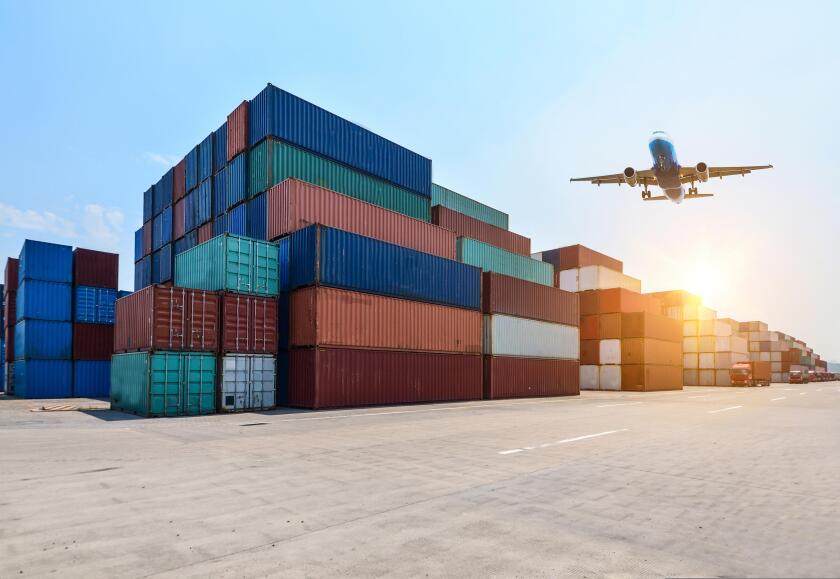The importation of goods involves a series of complex customs procedures, and for importers, correct tariff classification, determination of origin, and establishment of customs value are essential for compliance, cost optimisation, and the avoidance of fiscal and legal risks. These three elements are key pillars in the customs clearance process.
Tariff classification: the foundation of fiscal and customs treatment
Tariff classification means assigning a corresponding code to the product in the EU’s Combined Nomenclature (CN). Why is it important? Because it determines the level of customs duties, import VAT, excise duties, applicable restrictions or prohibitions, or other trade measures such as anti-dumping duties. Furthermore, incorrect classification can lead to fines, additional payments, or even confiscation of goods.
The correctness of tariff classification is a constant focus for customs authorities, considering that with increased tariffs, customs authorities intensify controls to prevent loss of unpaid revenue. Incorrect classification can lead to overpayments of duties (e.g., on CN codes with higher taxes) or missed savings opportunities.
Origin of goods: the importance of tariff preferences and calculation
Origin can be preferential (access to reduced or zero customs duties based on trade agreements) or non-preferential (for statistical or restrictive purposes). Its importance derives from the fact that it determines the application of preferential or non-preferential tariff treatment and has a direct impact on the final costs of goods.
Establishing the origin of goods is essential and can significantly influence admissibility, the application or non-application of preferential tariffs, and access to tariff contingencies or other programmes that suspend new tariffs. Careful declaration of the type of origin – preferential versus non-preferential – is recommended, as there may be differences regarding determination rules and subsequent implications concerning applicable tariffs. In the case of safeguard measures or anti-dumping duties, at the EU level, the country of origin is calculated according to the rules applicable in the Union Customs Code regarding the non-preferential origin of goods.
Customs value: the basis for calculating duties and avoiding risk
Customs value is generally the transaction price, meaning the actual price paid or to be paid for the imported goods plus other elements that are added, such as transport and insurance costs up to the EU border, royalties, commissions, and goods and services provided free of charge by the buyer (e.g., moulds, design).
Why is the correct determination of customs value important? The correct establishment of the price paid or to be paid for goods is the basis for calculating customs duties (customs duties, import VAT, excise duties, or other trade measures such as anti-dumping duties or safeguard measures). If goods are undervalued, the importer initially pays lower duties, but following a subsequent control, the customs authority may establish significant differences, including interest and late penalties (e.g., imports of products from Asia). Certain elements to be added to customs value – e.g., royalties and licence fees – are often not added to the cost due to inefficient communication between the customs/logistics department and the financial department. This leads to additional costs with customs duties.
Key takeaways for importers
The following four actions are recommended for importers:
Request mandatory tariff information for the main imported products, which provides legal security;
Check the origin rules for each trading partner;
Correctly calculate the customs value, including all mandatory elements; and
Consult customs advisers or accredited brokers for complex transactions.
In conclusion, for an importer, a correct understanding of tariff classification, origin, and customs value is not only about compliance but also about a proper economic strategy. Optimising these components can mean substantial savings, reduced fiscal risks, and streamlined commercial operations.













